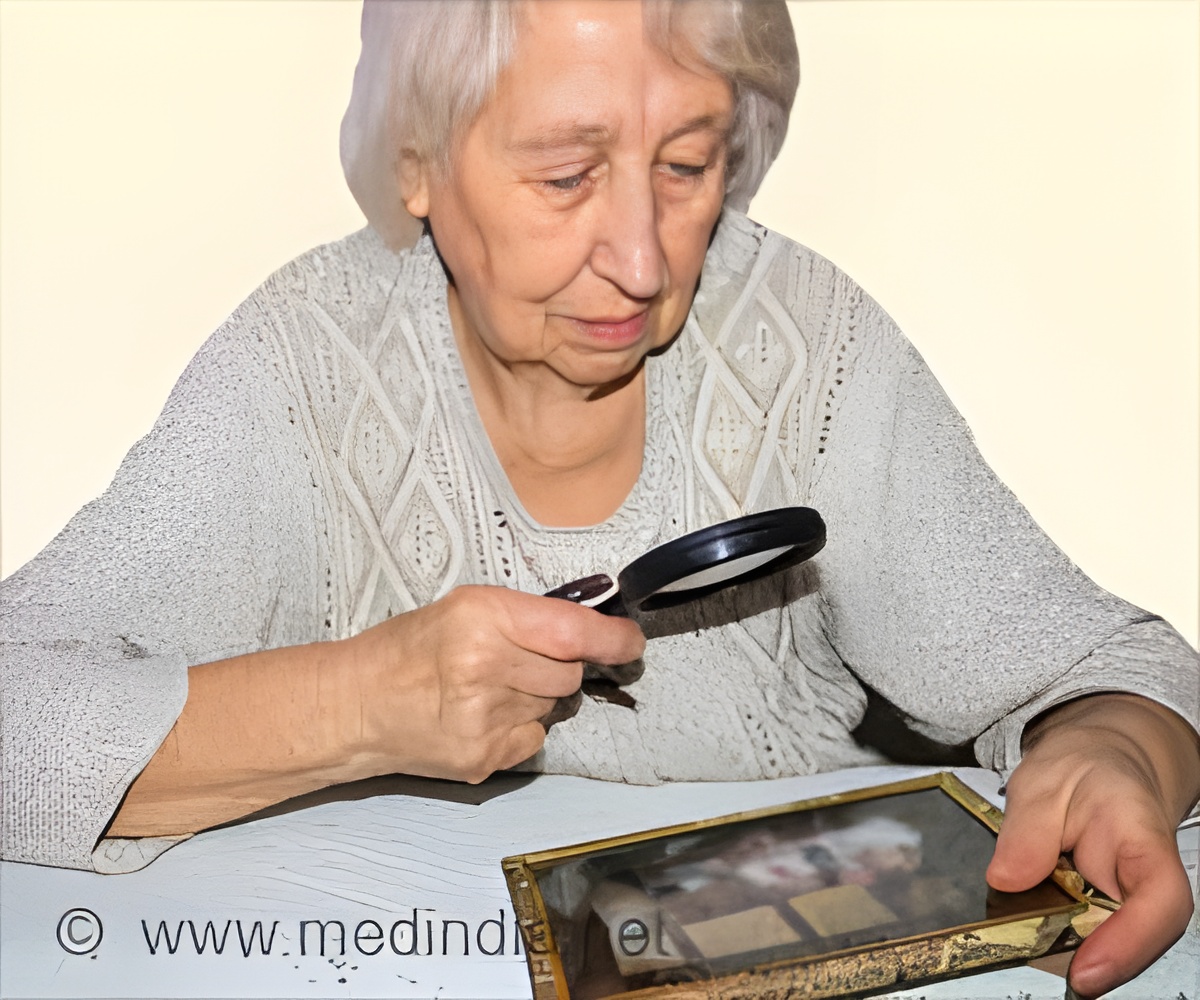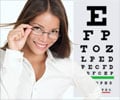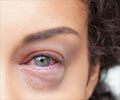
‘The Canadian Task Force on Preventive Health Care (CTFPHC) recommends against screening for impaired vision in primary care settings for people living independently in the community.’
Tweet it Now
"We found no evidence of benefit to patients aged 65 years or older from being screened for impaired vision as a way to prevent limitations on daily living or other consequences," said Dr. Brenda Wilson, Task Force Impaired Vision Working Group Chair. Currently, people must make their own appointments for regular vision screening or if they suspect visual problems. Most provinces in Canada cover comprehensive eye examinations for adults aged 65 years and older by eye care professionals.
The new guideline updates a previous guideline from 1995, which recommended screening for visual impairment in elderly patients with diabetes of at least 5 years' duration. The 2018 guideline is based on the latest and highest-quality evidence on screening, which includes 15 randomized controlled trials involving participants aged 65 years or older. It is consistent with the recommendation on vision screening for older adults from the United States Preventive Services Task Force.
"Although screening does not appear to be effective, we need to look for ways to effectively support older Canadians who do experience visual impairment so that they get the services they need from optometrists or other eye care professionals" said Dr. Brett Thombs, chair of the CTFPHC .
Source-Eurekalert










